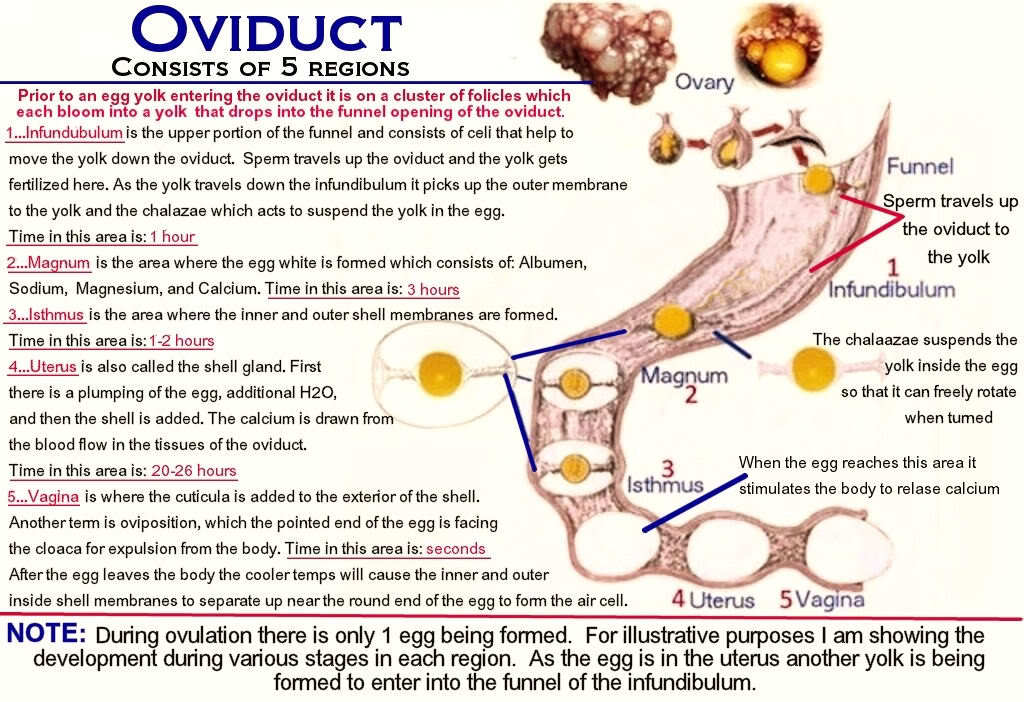Egg binding in a peahen is not uncommon. Unfortunately most peafowl keepers will have to deal with it at some point. But few are aware of the signs or seriousness of the condition, which can be fatal. I have received several phone calls over the years from people seeking advice too late. A truly egg-bound peahen will die if she doesn’t pass the egg, usually within 48 hours.
Signs and Symptoms
The signs that should point to possible egg binding are initially that the peahen looks unwell. Her wings will hang low, she’ll be on the ground rather than perching, with fluffed feathers and a drowsy appearance. Sometimes you’ll see her strain as if trying to release the egg, but more often you’ll notice her tail pumping up and down.

Moist Heat Treatment
Considered the best remedy for egg binding in chickens, moist heat is also the safest treatment for peafowl. Put the peahen in a raised cage or box with a wire floor. Place a large flat pan of hot water beneath the cage. Enclose the whole cage with a blanket or plastic to keep the moisture in, and provide some overhead heat with a heat lamp. Keep topping up the warm water to maintain the supply of steam. Use a thermometer and keep the temperature in the cage between 90 and 102 degrees Fahrenheit. Fresh cold water and some food should be available at all times for the peahen to drink.
Within a few hours of this treatment most peahens will pass the problematic egg. She will perk up quickly and can be removed from the cage. If no egg has passed but your peahen seems more active and will eat, you have probably misdiagnosed her.
Alternative Treatments
Alternatively, or if moist heat is ineffective, a vet can give a peahen an injection of calcium gluconate which will often cause her to pass the egg. Liquid calcium supplement for breeding and growing birds has also been found to be very effective in an emergency. Add 10-20 mls per litre to drinking water, or 0.1-0.2 mls per 100g bodyweight to soft food. Use the lower doses in hard water areas.
Do Not try to help by sticking syringes full of oil into a peahen’s vent. You’ll likely only give her pain and cause infection. Trying to break a visible egg inside the hen and extracting the pieces isn’t usually effective either.